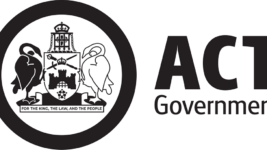THE GAFFA TAPES
26 Mar 2024
THE TMG TAPES
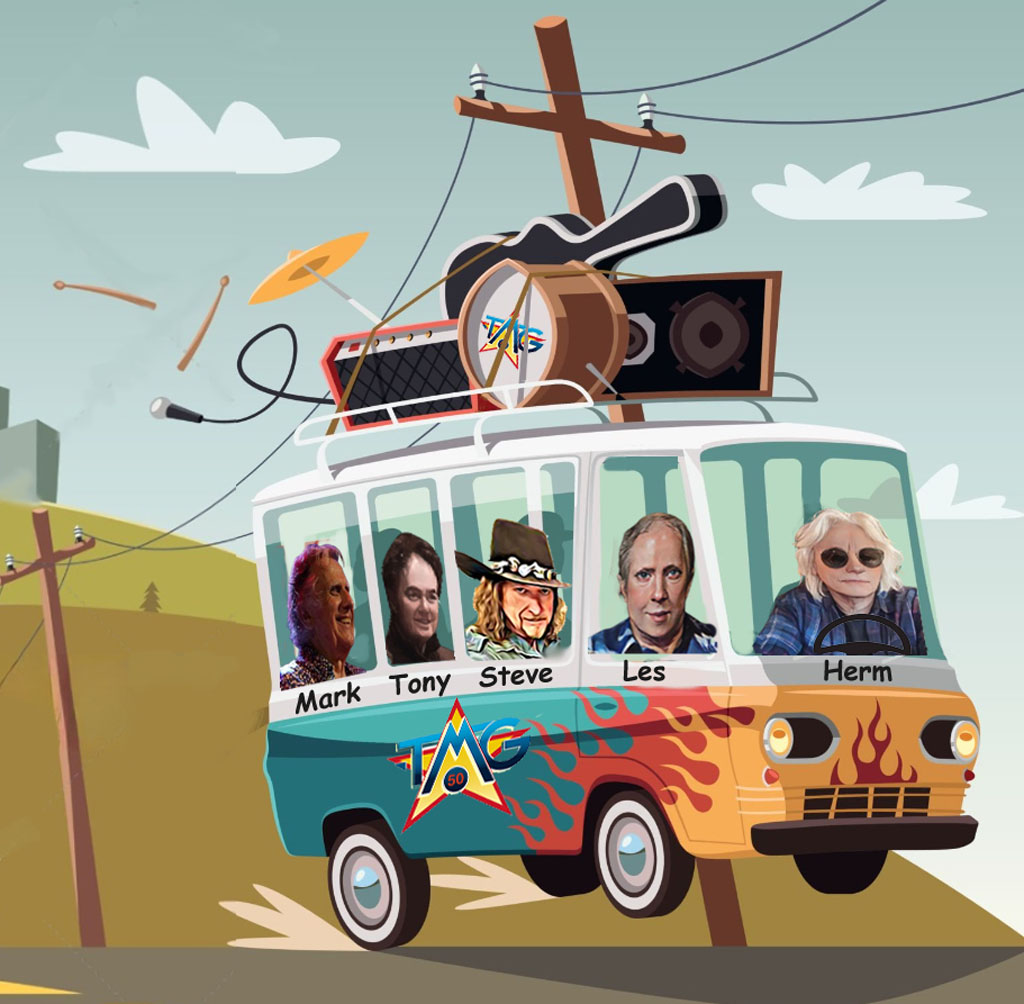
Subscribe to CX E-News
SNIPPETS FROM THE ARCHIVES OF A BYGONE ERA: Ted Mulry Gang On The Road Again
It doesn’t take much probing to discover how monumental Ted Mulry’s rise to fame was in the early 1970s. His hit single, ‘Falling in Love Again’, was followed by a successful album of the same name, which featured several songs he’d written, including an earlier charting single, ‘Julia’, and the haunting ballad, ‘Memories’. He made several television appearances and was a nominee for TV Week’s ‘Best Talent of 1971’, and ‘Best Australian Songwriter’ at the 1971 King of Pop Awards, where he was a guest performer. Mulry also wrote for other artists, including John Farnham and Sherbet.
Sadly, Ted Mulry passed away in 2001. He is remembered for his successful solo career and also as the lead singer and bass player for the Ted Mulry Gang (TMG), one of Australia’s most beloved bands, whose popularity spanned three decades.
I caught up with TMG’s guitarist, Les Hall, at his home in the NSW town of Maitland, where we chatted about the band’s direction during those early years and how Mulry’s passing led him to a 16-year hiatus from performing; it was a period in which he didn’t even pick up a guitar. It wasn’t until 2016 when TMG’s drummer, Herman Kovac, rang Hall with an idea to put the band back together.
“I’ve got people wanting to book the band,” said Kovac.
“I said, ‘Herm, I haven’t touched the guitar for sixteen years,’ and at that stage I only had the last two guitars I’d been using, and that was it; I’d gotten rid of everything,” said Hall. However, he decided to ‘give it a go’ when he learned that Kovac had recruited Mulry’s brother, Steve, as the lead vocalist.
The current TMG lineup is Steve Mulry on vocals, Les Hall on guitar, Mark Tinson on guitar, Tony Mitchell (ex-Sherbet) on bass, and original drummer Herman Kovac. The band has a new single written by Les Hall, called ‘La La’, which will be on the new album, ‘It Is What It Is…Rock On’. Hall and Kovac have produced the new album at Kovac’s Ramrod recording studio.

The new lineup comes 44 years after a 1972 concert at Sydney’s iconic Tivoli venue, which became the staging ground for a merger that would become an Australian music industry success story. Ted Mulry’s performance at that 1972 Tivoli concert was backed by Sydney band Elmtree, and on the same card was Newcastle band Velvet Underground, whose guitarist, Les Hall, says it was their drummer, Herman Kovac, who thought Mulry looked lonely standing in a corner by himself. “So we invited him back to the house at Mona Vale for tea,” says Hall. That get-together would ultimately spawn the Ted Mulry Gang (TMG), whose name came about after a 2SM radio announcer told listeners they could catch ‘Ted and the gang’ at a Brookvale Oval concert at Manly.
“We looked at each other and thought, ‘Oh, the gang, Ted Mulry Gang’; and that’s where the name came from,” said Hall.
I still have vivid memories of seeing TMG in 1974 at the Chances R Bar, Surfer’s Paradise. This was before guitarist Gary Dixon joined the band. The lineup featured Mulry on bass and lead vocals, Les Hall on guitar, and Herman Kovac on drums. I remember being surprised at what a tight rock ‘n’ roll outfit they were, as I had only heard Ted Mulry’s ballads.
At the time, I was taking guitar lessons from an Eric Clapton aficionado who was painstakingly trying to teach me Clapton’s bending and vibrato techniques. And here was Les Hall effortlessly employing that technique on an Ampeg Dan Armstrong transparent guitar. I became so fixated on Hall’s guitar playing that my Swiss girlfriend at the time turned to me and said in a heavy French accent, “If you keep staring at him, he will zink you’re in love wiz him.”
50 years after that TMG performance at the Chances R Bar, I still had a plethora of unanswered questions. I was especially intrigued as to how Mulry, a successful solo artist whose métier was love ballads, gelled so seamlessly into a songwriting partnership with Les Hall to write songs for what Hall loosely describes as ‘Aussie pub rock’.
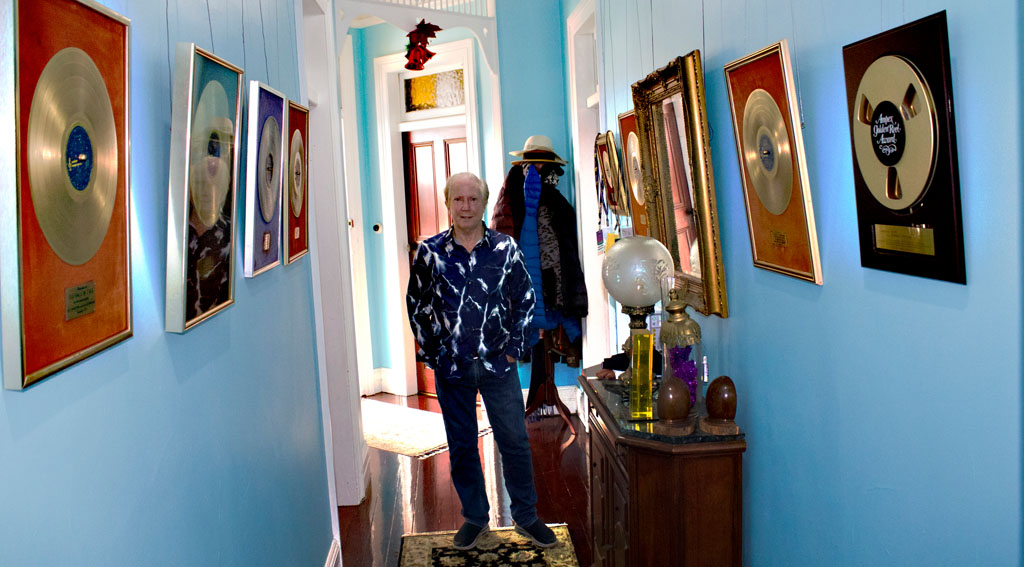
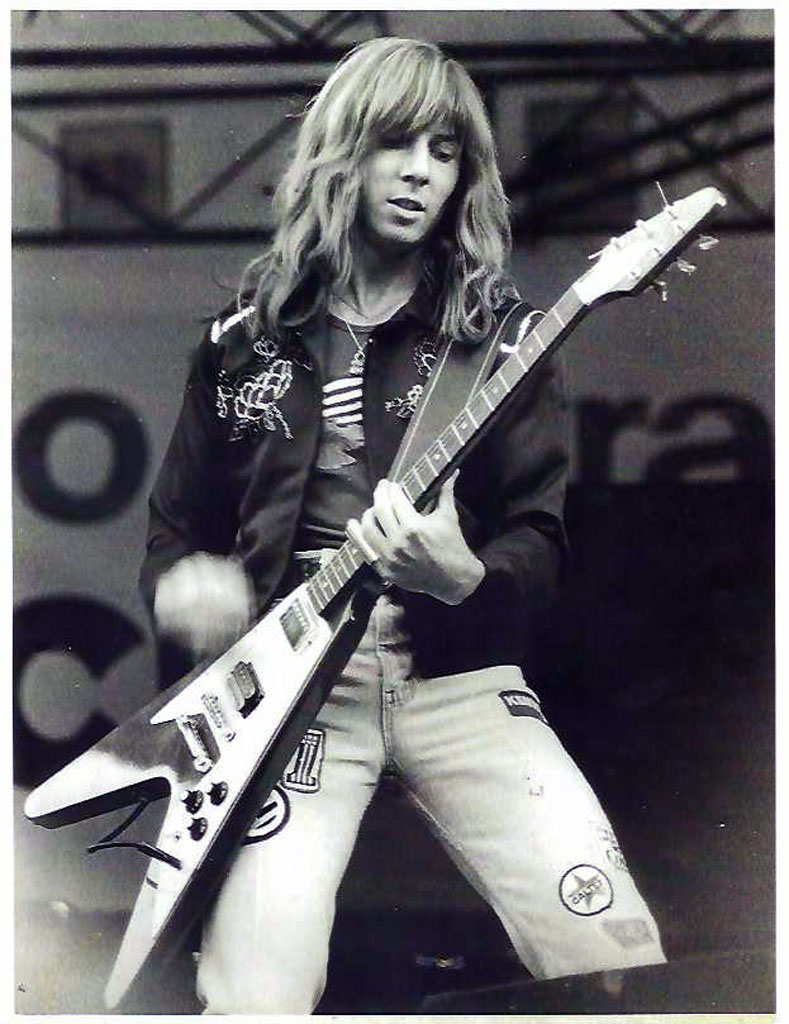
“Ted wanted to move away from the ballads and get into rock stuff,” said Hall, who remembered the 1974 Chances R bar performances.
“We did a couple of gigs in the area, but especially Chances R; that was a place where we seemed to go well. The reason I had the Ampeg was because Ted and I were right into The Rolling Stones. And, at one stage, Keith Richards used an Ampeg. Ted just happened to come across one in Sydney. When our bass player left, Ted started to play bass, and he had no further use for the Ampeg, so I bought it from him for $550,” said Hall.
Mulry was committed to TMG’s rock music style, and that commitment paid off in 1975 when the band had a number one hit with the Mulry/Hall composition, ‘Jump in My Car’, which nudged ABBA’s single, ‘Mamma Mia’, from the top spot on the charts and stayed at number one for six weeks. TMG went on to record a succession of charting songs, including ‘My Little Girl’, ‘Darktown Strutters Ball’, ‘Heart of Stone’, ‘Lazy Eyes’, ‘Jamaica Rum’, and an array of gold and platinum albums.
I asked Hall about Mulry’s relaxed demeanour on stage, which, I thought, gave him a great stage presence.
“That relaxed demeanour was the result of three or four vodkas. Ted and I both suffered from stage fright. The anxiety, I think, is the fear of the unknown, because you don’t know what’s going to happen when you go out there. It could be a myriad of things. It could be the amp not working or the lead crackling. It could be anything from breaking a string to being out of tune or the audience just not being into it, but once you got going, it was fine,” said Hall.
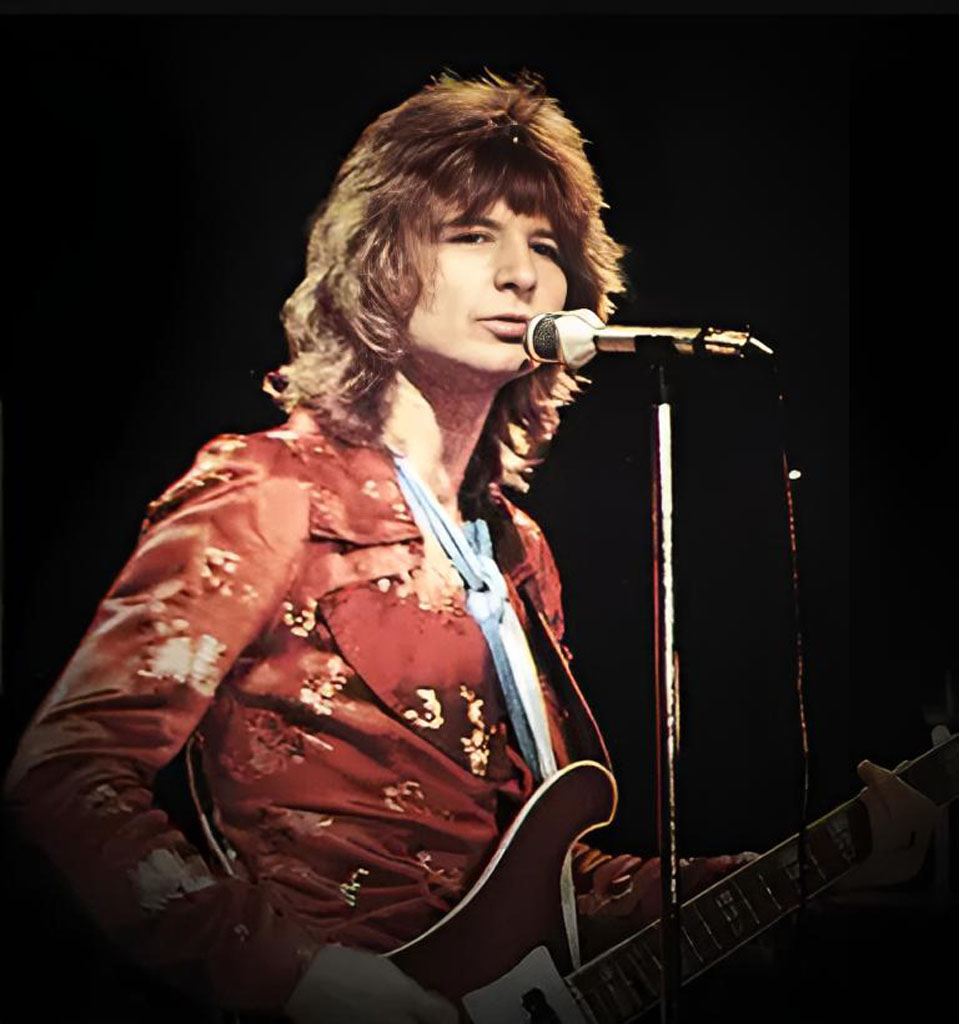
TMG toured with Sherbet in those heady days when fan hysteria had reached such a height that performers faced the real threat of being injured; thus, strict security measures became commonplace.
“We’re talking about the ‘Countdown’ period. No matter where you went, whether it was Bourke, Broken Hill, or anywhere, they had seen us on TV. They put you on a pedestal. It was kind of a hangover from Beatlemania, and it got to the point in Melbourne, in particular, where we could not use taxis or hire cars. The last couple of gigs there, we had an armoured car because they would bang so hard on the vehicles that it damaged them. Sherbet went through hell compared to us,” said Hall.
While TMG enjoyed their enduring popularity, Hall says, “That’s the good tip of the iceberg, then there’s the unfortunate bottom of the iceberg, which is much bigger and much more daunting. We had to do a store thing (promotion) in Adelaide where they were expecting fifty people, and hundreds turned up, and it got dangerous. As we were leaving, Garry (Dixon) had a chain around his neck, and one of the girls pulled it so hard that it left a really bad gash around his neck. There was no security there; they tried to get the police in, but it was too late. They finally got us out into a car and got us away.”
In 1986, after 14 years on the road, in the recording studio, performing on television, and in videos, TMG decided to take a break.
“Ted decided to go to the States and start writing over there. I thought at the time it was the end of TMG. But it didn’t work out, and he ended up coming back. We did some jingles together, and then we thought we might as well get the band back together.”
Les Hall holds Ted Mulry in high esteem, as a musician and performer, as a songwriter and songwriting partner, and as a friend and mentor.
“Ted was a chameleon. I’ve met so many people in my life who’ve known Ted, and when I hear their description of him, I think, I don’t know who that was, but that’s not Ted. He was spontaneous, he was very sharp, and he was an intelligent fellow. His lifestyle was that of an 18-year-old, regardless of how old he was at the time,” said Hall.
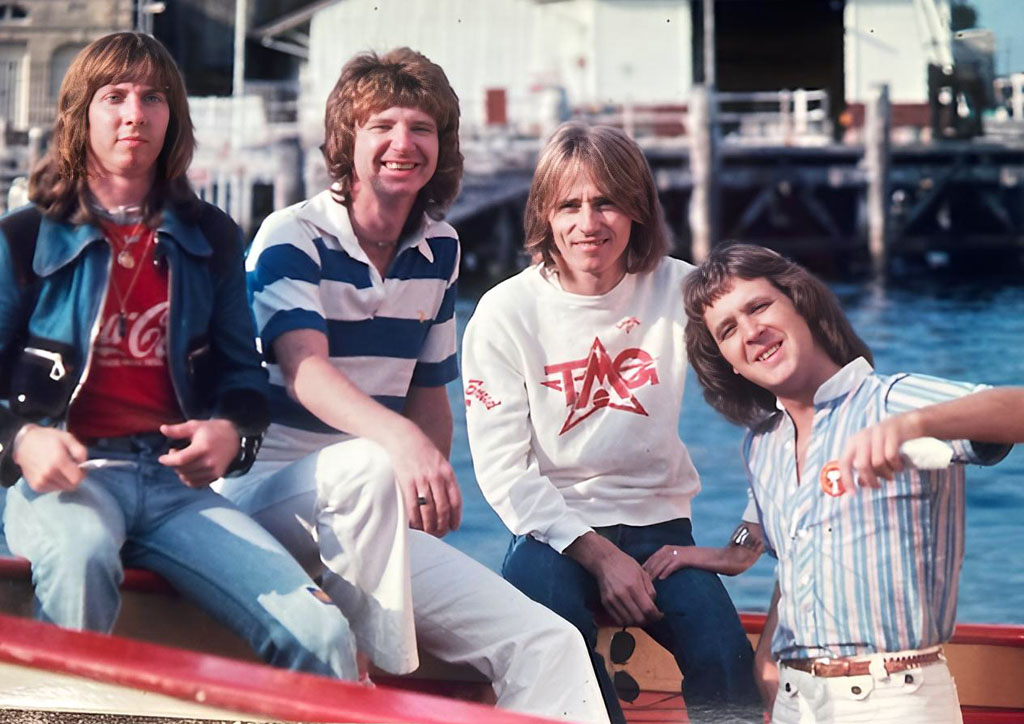
The TMG revival lasted until 2001, when Ted Mulry’s illness took hold.
“I saw him two weeks before he passed away, and I remember when I was leaving, he was standing waving goodbye to me. I was in the car, and I just went to pieces. I knew I’d never see him alive again. When Ted passed away, I thought to myself, I can’t do this again. It would not be the same without him. I miss him terribly to this day,” said Hall.
Subscribe
Published monthly since 1991, our famous AV industry magazine is free for download or pay for print. Subscribers also receive CX News, our free weekly email with the latest industry news and jobs.





